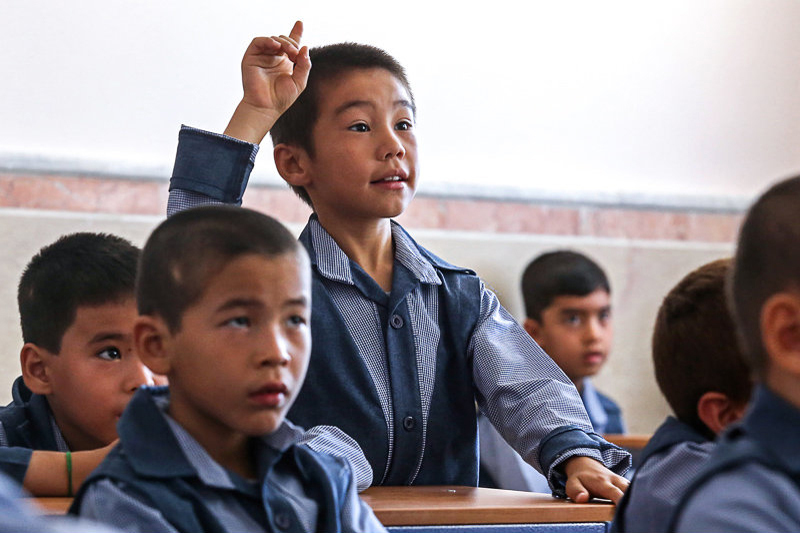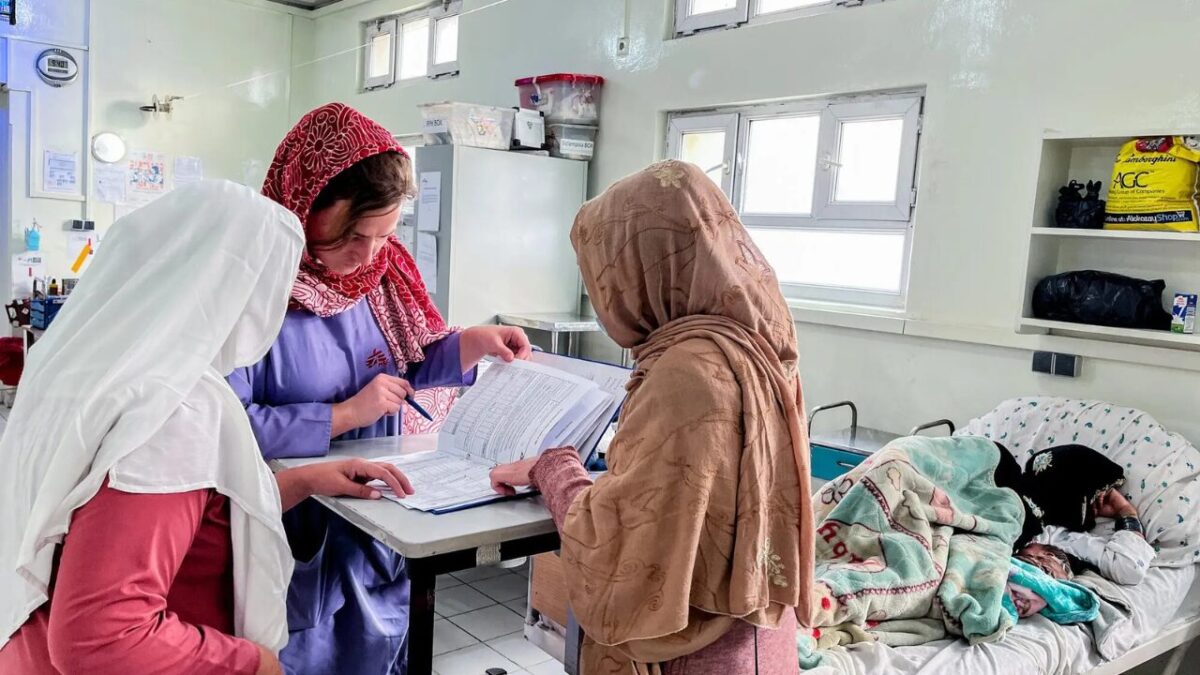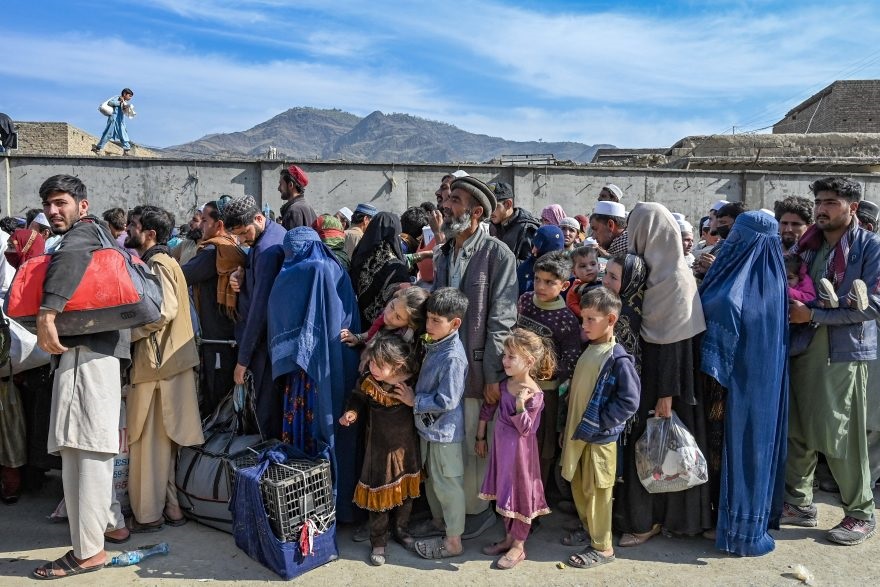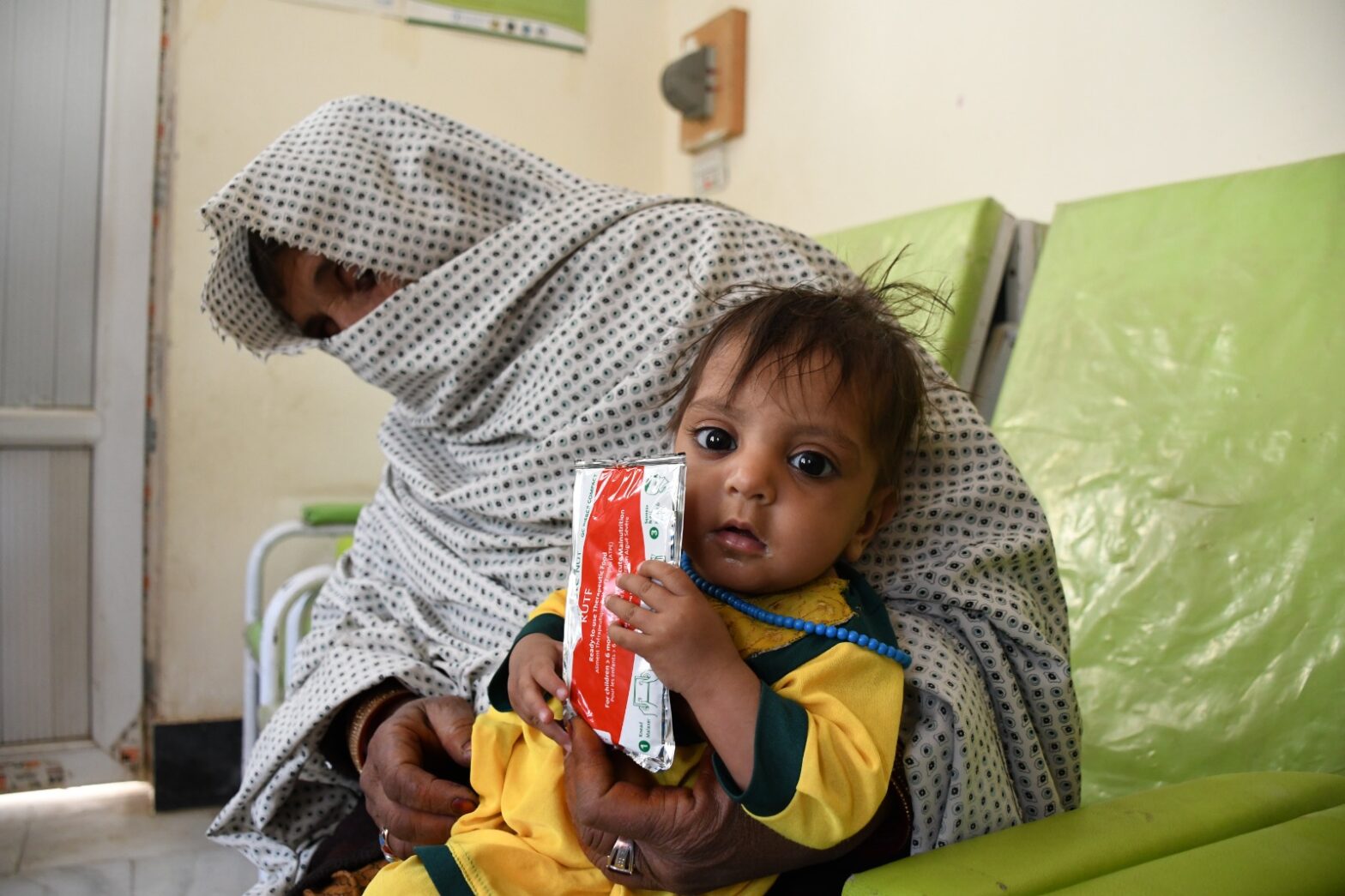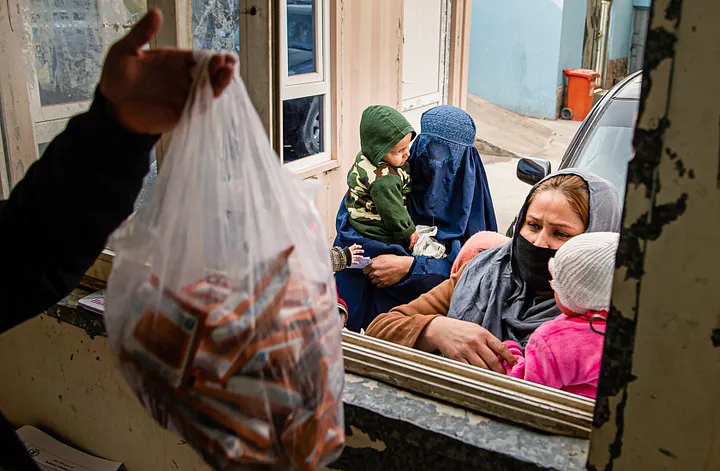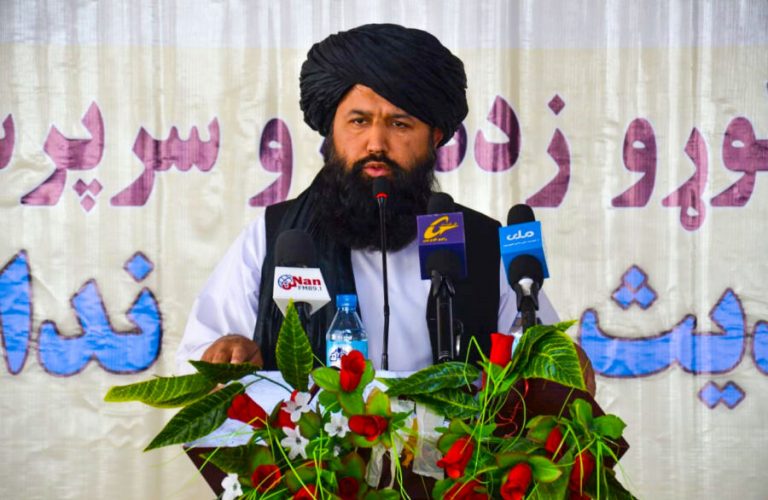
Mary Bishoping has been appointed as the Afghanistan Affairs Officer at the U.S. Department of State
The U.S. Department of State recently announced that Mary Kabir-Siraj Bishoping has been appointed as the Deputy Assistant Secretary for Central Asia within the department, focusing on Afghanistan. In a press release, the department stated that Mary Bishoping will also oversee the Office of Security and International Affairs. The U.S. Department of State emphasized that Bishoping previously worked on the House Foreign Affairs Committee and was responsible for the Subcommittee on South and Central Asia. Part of the announcement noted that Bishoping led the oversight investigations of the House Foreign Affairs Committee regarding the U.S. withdrawal from Afghanistan in 2021. It should also be mentioned that The New York Times published an article in 2019 about Mary Kabir-Siraj Bishoping, stating that she is the granddaughter of Inayatullah Khan, the brother of Amanullah Khan, the former king of Afghanistan. The U.S. Department of State did not reference her family background in its announcement. The department noted that Mary Bishoping holds a doctorate in law from the University of Virginia and has previously worked in the Office of Legal Advisor at the department. In her new role, Bishoping will be responsible for guiding U.S. policies toward Afghanistan within the framework of South and Central Asian Affairs. Bishoping wrote on her LinkedIn account: “I am pleased to announce that I have started my work in my new role as Deputy Assistant Secretary for South and Central Asian Affairs at the U.S. Department of State.”

